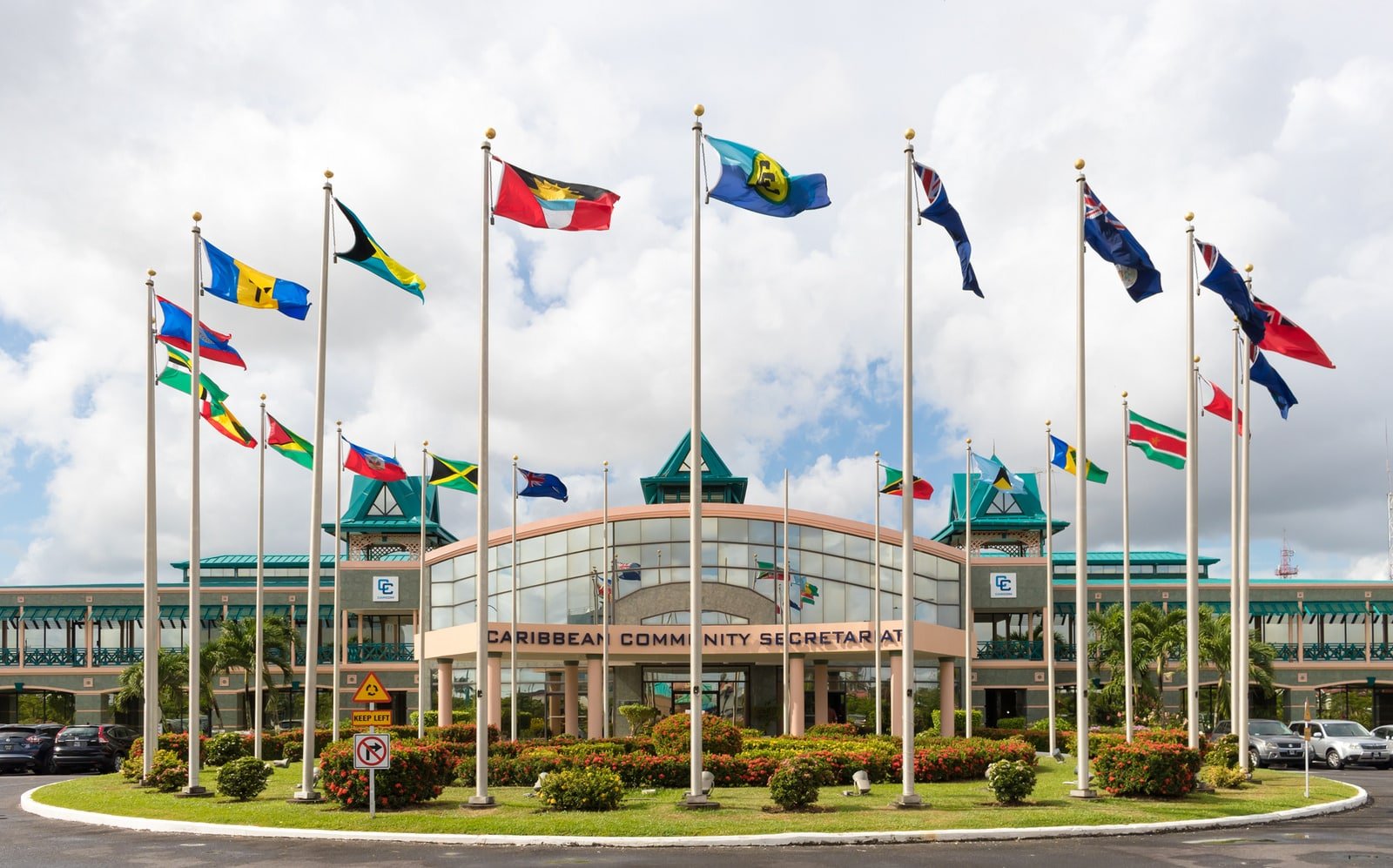The Caribbean Community (CARICOM) and the Inter-American Institute for Cooperation on Agriculture (IICA) have partnered to bolster the food and nutrition security of the Caribbean population while enhancing the climate resilience of the region's agricultural sector. The agreement, signed during a visit by CARICOM's Secretary-General, Carla Barnett, to the IICA Headquarters in San José, Costa Rica, signifies a significant step towards addressing the pressing challenges faced by Caribbean nations.
The collaboration envisions a comprehensive approach to agricultural and rural development, spanning policy formulation, production systems, value chain promotion, agricultural sector resilience, and land use optimization. At a time when the majority of Caribbean countries rely heavily on food imports, with some importing over 80% of their food, the partnership aims to reverse this trend and reduce the region's vulnerability to food shortages and price fluctuations.
Secretary-General Carla Barnett expressed the importance of unity in her statement, noting that “CARICOM is celebrating 50 years of existence with its eyes open and with the vision of what we must do better, which is to work together with the citizens.” With the Caribbean's agricultural sector at the heart of this collaboration, digital technologies are set to play a pivotal role in increasing productivity, breaking down trade barriers, and improving transportation services for agricultural products among the region's island states.
Highlighting the significance of the partnership, Barnett emphasized the urgency of the situation in Haiti, where food and nutritional insecurity have reached critical levels. The partnership's commitment to addressing such humanitarian crises underscores its dedication to uplifting the well-being of Caribbean populations.
One of the most striking issues the partnership aims to tackle is the staggering food import bill in the Caribbean, estimated at USD 6 billion. By strengthening domestic agricultural production and promoting regional trade, the CARICOM-IICA alliance seeks to substantially reduce this reliance on imports, fostering economic stability and ensuring a steady supply of food for the population.
Beyond food security, the collaboration also prioritizes building climate resilience within the agricultural sector. Given the Caribbean's susceptibility to natural disasters and the effects of climate change, bolstering resilience is crucial for maintaining stable food production and safeguarding livelihoods. The partnership envisions the implementation of best agricultural health practices and the biofortification of agricultural products to enhance resilience and sustainability.
Director General of IICA, Manuel Otero, elaborated on the Institute's role, stating that the “Observatory of Public Policies for Agrifood Systems” is prepared to collaborate closely with CARICOM, providing robust information to facilitate informed decision-making. Otero also emphasized the importance of knowledge-intensive agriculture, highlighting the need for collaboration with international scientific and research centers to address the multifaceted challenges confronting the region.
With the Caribbean at the forefront of this initiative, CARICOM and IICA's joint efforts will encompass a wide range of priorities, including climate resilience enhancement, water management for agriculture, intra-regional trade promotion, empowerment of youth and women, policy formulation, agrotourism promotion, and technological integration.
As this historic partnership sets forth a roadmap for a more secure and resilient agricultural future in the Caribbean, it also represents a beacon of hope for the region's populations. The collaboration's emphasis on collective action, sustainable practices, and innovative solutions holds the promise of a more prosperous and resilient Caribbean, where food security and climate resilience go hand in hand.
Image provided by CARICOM


